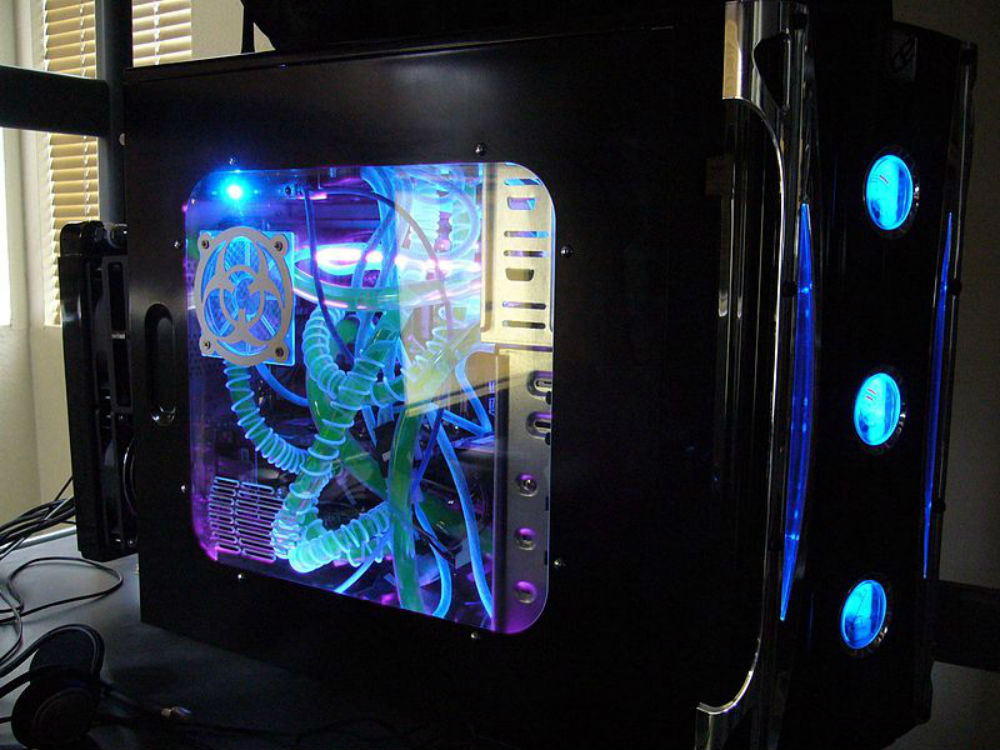If your security practices aren’t up to date, you’re going to have a hard time keeping control of your data. It’s as simple as that.
The older your safety measures are, the less likely they are to provide your systems with the level of protection they need to fend off the cybercriminals of today. Not being able to fend off these thieves puts your important data and private information in serious danger of being hacked, deleted, and extorted.
Want to keep better control of your data? If so, be sure to put the following security practices into practice before it’s too late.

Install anti-malware software
Malicious software, commonly known as malware, is a serious problem that you face as a user of modern technology. Regardless of what form it comes in, whether it’s a virus, spyware or a trojan if allowed to affect your device or system, this type of problem will do serious damage to your files and data. If you’re seriously unlucky in this instance, malware will go as far as to delete all of your documents without you being able to do anything to protect them.
Before this is allowed to happen, you must install anti-malware software, the likes of which is offered expertly by McAfee. Once downloaded, this software will scan your computer regularly to ensure nothing is trying to hack into your files. For more details on how anti-malware software works and what exact layer of protection it can offer you, be sure to head to www.mcafee.com.
Be cautious when in public
Public computers and pubic Wi-Fi connections are never as safe as private ones, so you need to be extra cautious whenever you use them.
The first thing that you should remember to do in this instance is log off public computers after you’ve finished using them. This is essential, as you never know who’s going to use the computer after you — if it just so happens to be a cybercriminal and they notice that you haven’t logged off, they’re going to have a field day stealing your data.
To stay safe whenever you connect your smartphone, laptop, or tablet to public Wi-Fi, you must:
- Refrain from accessing sensitive data, such as your online banking account
- Choose your connections carefully — smaller providers, such as individual coffee shops and retailers, are always better than larger ones, such as mall and airport connections
- Make sure your file sharing and airdrop options are turned off
- Turn your Wi-Fi connection off whenever it is not in use
- Consider installing browser extensions that offer privacy-protection
- If you use public Wi-Fi a lot, consider investing in a Virtual Private Network (VPN)
The two security practices listed above, installing anti-malware software and being more cautious whenever you surf the web in public, will be sure to help you fend off cybercrime far more effectively.
Be sure to never take the matter of cybercrime lightly, and always remain up to date when it comes to being safe.

